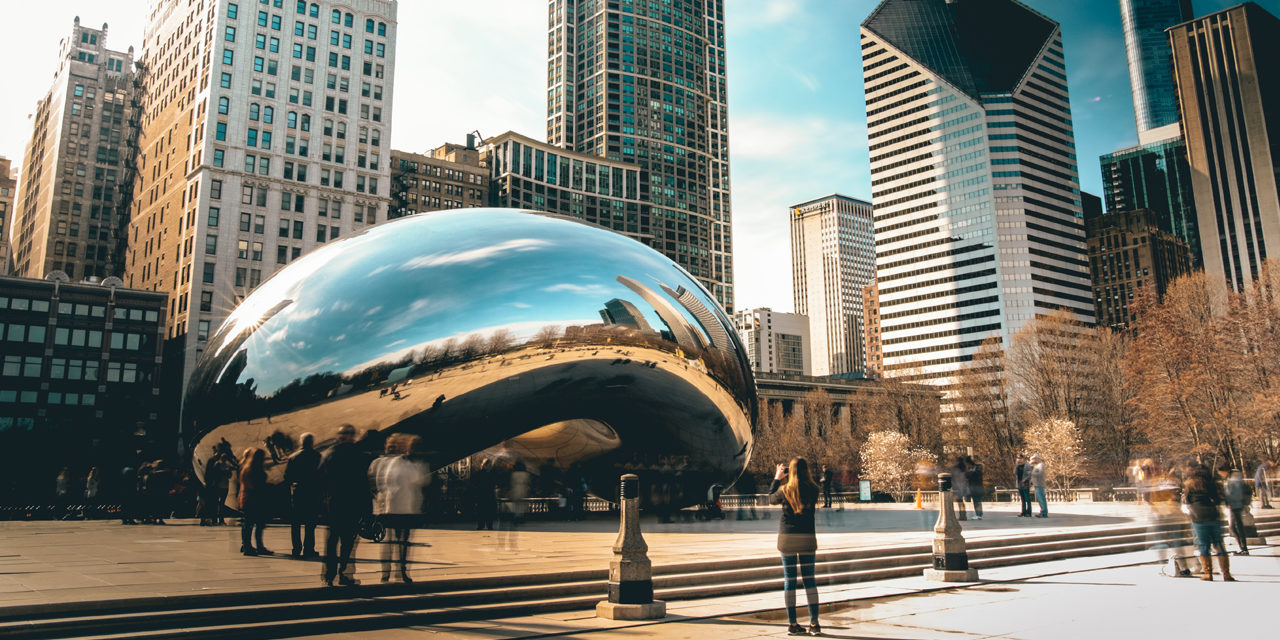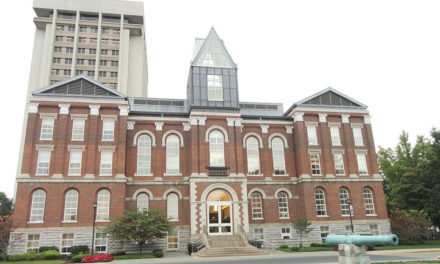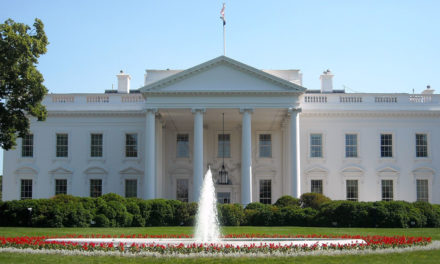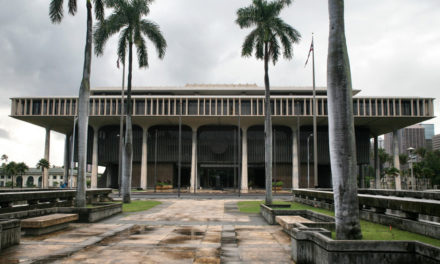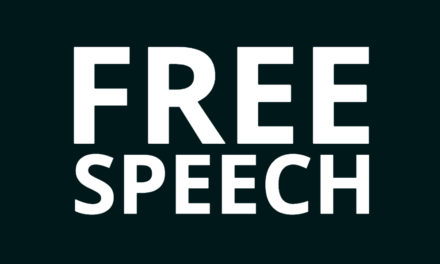Last fall a group of student evangelists attending Wheaton College ran into government censorship of their attempts to witness to park visitors at Chicago’s famed Millennium Park, home of the famous “Bean” sculpture. The city restricted the students to only one of the park’s 11 sections, which just coincidentally is the least used corner of the park, far away from the bulk of the park’s visitors.
They filed a lawsuit, Swart v. City of Chicago, laying out a basic claim for infringement of their freedom of speech in a “quintessential public forum” – a public park – which historically has received the highest degree of protection for free speech under the First Amendment.
The City of Chicago defended their speech restrictions in court by claiming that Millennium Park is not a normal public park, but more of an artistic and architectural showcase. The City argued that its speech restrictions, therefore, were reasonable “time, place and manner” restrictions.
Federal District Judge John Robert Blakey, however, didn’t buy the City’s arguments.
In a decision released February 20, the judge issued a preliminary injunction (a temporary block) on the City’s enforcement of its speech restriction against the Wheaton students. He reasoned that Millennium Park “fits the bill as a traditional public forum: it is free, open to the public, and serves as a public thoroughfare.”
Judge Blakey rejected the City’s argument that the park is not a traditional public forum. “Although the City insists a curated design divests the park of its traditional public nature,” the judge noted, “this Court cannot accept this characterization based upon the facts here. Indeed, if a ‘curated design’ were enough to transform the nature of the forum, any park with a statue could lose its First Amendment protections. The law precludes this absurd result.”
In many First Amendment cases, including this one, a preliminary injunction is issued before a trial takes place after the parties stipulate to certain facts and argue the legal case to the judge. Such injunctions are designed to protect the rights of the complaining party until a trial is conducted if a judge thinks it’s “likely” the complaining party will win at trial. Thus, when a judge issues a preliminary injunction, it’s highly unlikely he might change his mind after conducting a trial. For that reason, cases like this will most likely settle at that point, with the government agreeing to change its policies. The judge will then issue a final order turning the settlement agreement into a court order in the form of a permanent injunction. Or the City may appeal this case to the 7th U.S. Circuit Court of Appeals. We should know more which course this case will take in the very near future.
This decision is not simply a free speech case. Because it involves religious speech, its importance for the spread of the Gospel cannot be overstated. Every believer should recognize what’s at stake in these types of cases and pray for their success. These Wheaton students have joined many others around the country over the years who have paved the way for the rest of us to talk about Christ in public places with boldness and without fear of arrest.

